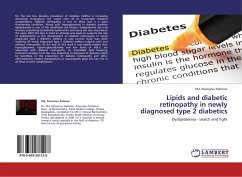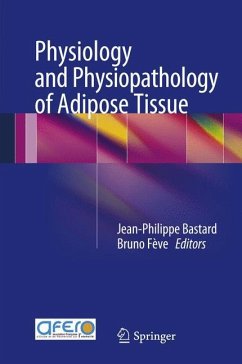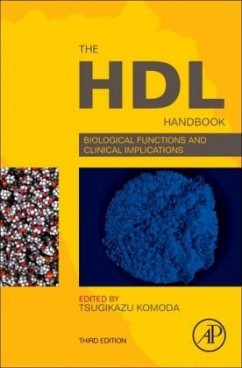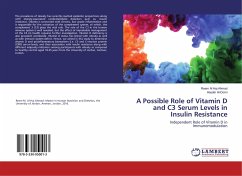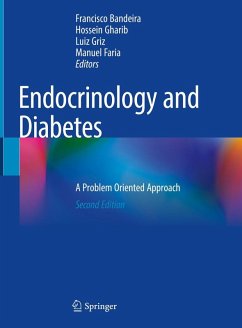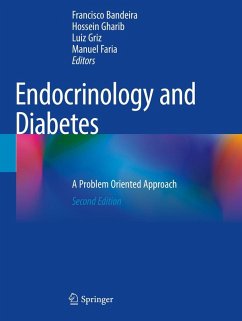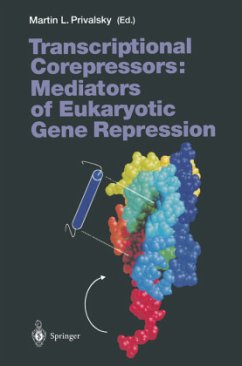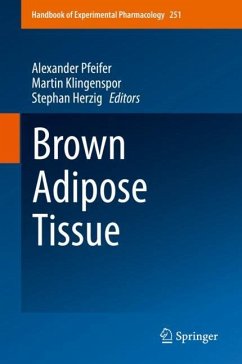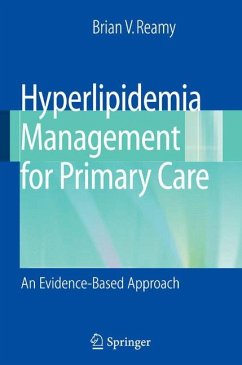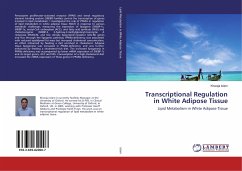
Transcriptional Regulation in White Adipose Tissue
Lipid Metabolism in White Adipose Tissue
Versandkostenfrei!
Versandfertig in 6-10 Tagen
51,99 €
inkl. MwSt.

PAYBACK Punkte
26 °P sammeln!
Peroxisome proliferator-activated receptor (PPAR) and sterol regulatory element binding protein (SREBP) families control the transcription of genes involved in lipid metabolism. I investigated the role of PPAR in regulation of lipid metabolism in white adipose tissue (WAT) in response to various metabolic challenges, measuring the expression of lipogenic (SREBP-1c, SREBP-1a, acetyl-CoA carboxylase (ACC), and fatty acid synthase (FAS)) and cholesterogenic (SREBP-2, 3-hydroxy-3-methylglutaryl-Coenzyme A reductase (HMGCR), and low density lipoprotein-receptor (LDL-R)) genes and flux through the l...
Peroxisome proliferator-activated receptor (PPAR) and sterol regulatory element binding protein (SREBP) families control the transcription of genes involved in lipid metabolism. I investigated the role of PPAR in regulation of lipid metabolism in white adipose tissue (WAT) in response to various metabolic challenges, measuring the expression of lipogenic (SREBP-1c, SREBP-1a, acetyl-CoA carboxylase (ACC), and fatty acid synthase (FAS)) and cholesterogenic (SREBP-2, 3-hydroxy-3-methylglutaryl-Coenzyme A reductase (HMGCR), and low density lipoprotein-receptor (LDL-R)) genes and flux through the lipogenic pathway. PPAR -deficiency was associated with reduced epididymal fat mass but increased cholesterol concentration, an effect enhanced by feeding a diet enriched in cholesterol. Adipose tissue lipogenesis was increased in PPAR -deficiency, and was further enhanced by feeding a cholesterol-rich diet. The increased lipogenesis in PPAR -deficiency was accompanied by lower mRNA expression of SREBP-1c and its target genes, ACC and FAS. Consumption of a high-cholesterol diet increased the mRNA expression of these genes in PPAR -deficiency.



